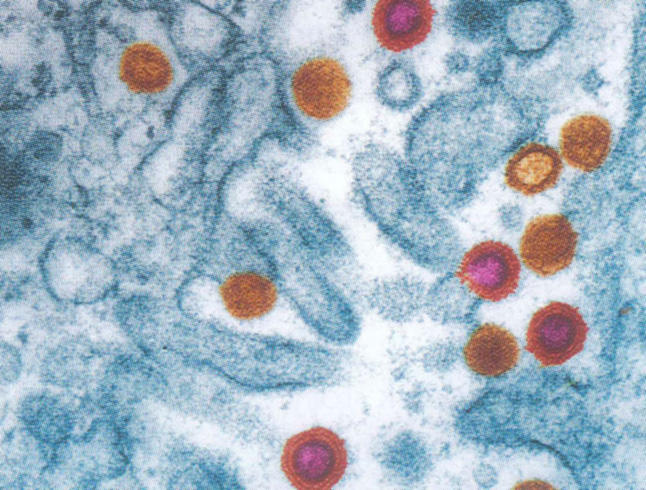A clinical trial involving more than 3000 women in the United States and southern Africa has demonstrated for the first time that an antiviral gel applied topically could prevent male-to-female HIV transmission. An international team of researchers led by Columbia epidemiologist Salim S. Abdool Karim found that women who agreed to use a microbicide gel were 30 percent less likely to contract HIV over the course of the 20-month study, which took place between February 2005 and September 2008. The findings were presented in February at the Conference on Retroviruses and Opportunistic Infections in Montreal.
Several types of microbicide gels have been tested previously in clinical trials but have yielded less-promising results, says Karim, who is a professor at the Mailman School of Public Health, vice-chancellor for research at the University of KwaZulu-Natal in Durban, South Africa, and director of the Centre for the AIDS Programme of Research in South Africa.
The gel that was found to be effective is known as PRO 2000 and is made by Indevus Pharmaceuticals Inc. in Lexington, Massachusetts. It is designed to inhibit HIV’s entry into cells in the genital tract. The group also tested a microbicide gel called BufferGel, which increases the vagina’s natural acidity, but found that it did not effectively prevent transmission.
“Although more data are needed to conclusively determine whether PRO 2000 protects women from HIV infection, the results of this study are encouraging,” says Anthony S. Fauci, director of the National Institute of Allergy and Infectious Diseases, which funded part of the study.
All of the study participants received detailed information about the possible risks and benefits of trial participation and were counseled on safe-sex practices, given condoms, and tested and treated for sexually transmitted infections throughout the study.
Developing an effective microbicide gel is important for women, researchers say, because women often cannot negotiate condom use with their male partners. “The study provides a glimmer of hope to millions of women at risk for HIV,” says Karim, “especially young women in Africa.”



